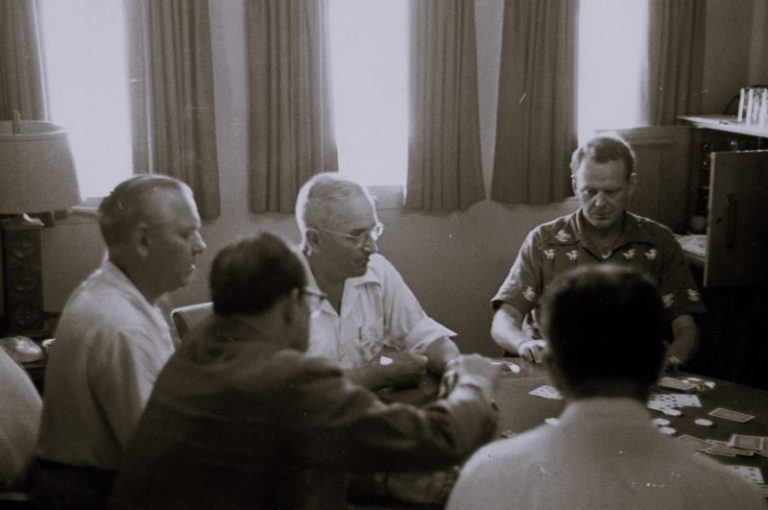

Do you remember when Fred Flintstone and Barney Rubble shared a smoke on-screen? Or when did more doctors smoke Camels than any other brand? Do you remember the ad calling you to where the flavour is? And Joe Camel, the cool tobacco mascot that was “never aimed at young audiences”?
Tobacco ads were something else back in the day. They were shamelessly promoting one of the deadliest habits in the media. Fortunately, the media outgrew these tobacco ads over time. Today, you won’t see any of them. Smoking has become so uncool that movie heroes are not even allowed to do it on screen anymore (except when smoking is an important element in the story).
Nowadays, gambling ads are in a similar situation. But it’s not just the ads on TV trying to persuade you to bet. It’s the celebrity endorsements and sponsorships that push gambling ads to the next level. It makes you wonder about the ethics of gambling advertising in the 21st century.
From Zero to… Everywhere
The United States has had a love-hate relationship with gambling, especially online gambling, for the longest time. Lotteries were used as a source of funding for the original 13 colonies. That was until the Second and Third Great Awakening put moralists in legislatures. But the new gambling restrictions didn’t stop it from spreading, especially on the frontiers.
In the mid-19th century, especially during the California Gold Rush, Los Angeles and New Orleans were the two gambling capitals of the US. During the settling of the West, towns at the ends of cattle trails – Deadwood, Dodge City – and major railway hubs like Kansas City were infamous for their many gambling opportunities.
The next 150 years were a constant battle between proponents and opponents of gambling. The advances of the industry were off-put by laws like the Federal Wire Act (that prohibited the transmission of betting information via telegraph and telephone lines), the PASPA (which prohibited gambling on sports) and the UIGEA (that killed online gambling in the US for more than a decade). All this while the rest of the world decided to regulate gambling and then online gambling, creating a multi-billion-dollar industry.
But the floodgates were opened in the US: the Supreme Court declared the PASPA unconstitutional in 2018. Since then, 17 states have passed online gambling regulations. And, of course, gambling ads began flooding the airwaves.
Between the Freedom to Play and the Potential Harm
Citizens of legal age are free to spend their money as they see fit. They can bet on the Super Bowl at DraftKings or play a few spins on a slot machine at Tusk Casino. In this context, the gambling ads are little more than informing them of the various operators willing to take their bets.
On the other hand, gambling is a potentially harmful activity. People prone to addiction can get hooked on casino games or bets just as easily as they do on drugs or alcohol. According to the WHO, around 50,000 people end their own lives each year because of gambling-related issues. This is nowhere near the level of deaths by drugs (90,000 estimated opioid-related deaths in the US alone in 2021) and alcohol (millions of deaths yearly, directly or indirectly). But still… it’s not something to be ignored.
On top of all this, there’s the question of how the gambling ads are targeted. Aimed at vulnerable populations, gambling ads can lead to deepening social issues.
With Great Power…
Gambling is increasingly considered a legitimate form of entertainment and a matter of personal choice. But with the great (financial) power of the gambling industry comes a great responsibility. On the one hand, they have to ensure their ads, if any, are not misleading and not aimed at the underaged and the underprivileged. They have to make sure they don’t present gambling as a means of earning money but instead as what it is: a form of entertainment. On the other hand, gambling operators have to make sure that they provide their players with all the necessary means to discover if they have gambling problems and the tools they need to fight them. This ranges from self-exclusion tools to awareness campaigns, support services when necessary, and constant reminders about the importance of responsible gambling.


